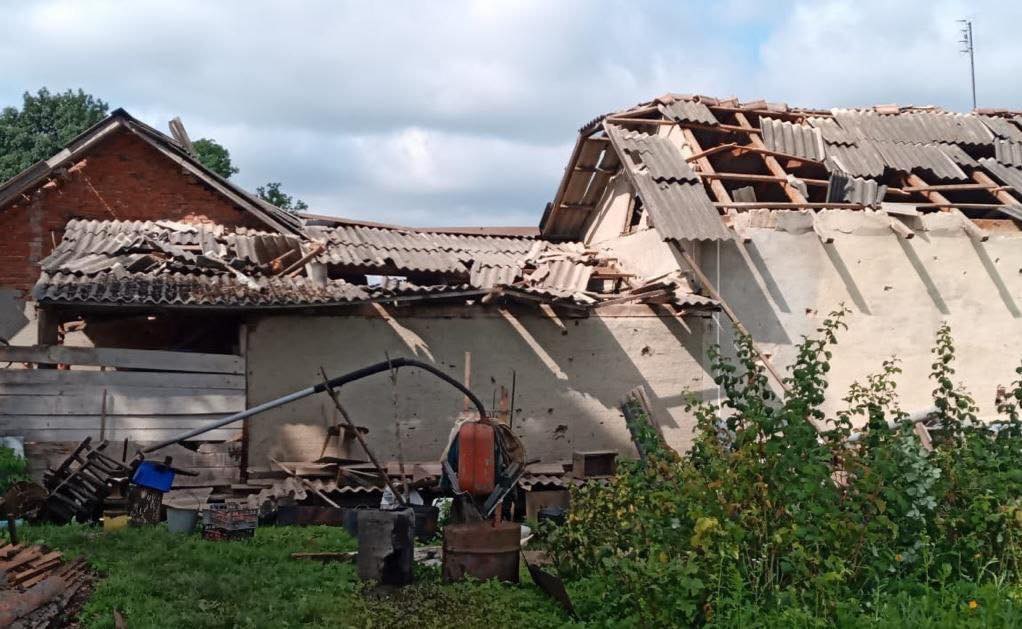Russia wants to colonize moon

Russian state space agency Roscosmos launched its first lunar expedition in 50 years on Aug. 11.
"Russia not only returns to the Moon, but makes a step to stay there for a long time," Roscosmos said in a joint statement with Russian state news agency TASS.
The unmanned Luna-25 mission is aiming for the moon's south pole, which scientists believe could contain water, raising "the possibility of a future human colony on the moon," according to the Guardian.
But according to analysts, Russia's aims are more political than scientific.
"Luna-25 plays today a mostly psychological and propaganda role for the Kremlin," Pavel Luzin, an expert on the Russian aerospace industry, told the Guardian. "It needs to demonstrate that it is capable to do something even without the west.”
International sanctions following Russia's full-scale invasion of Ukraine have taken their toll on Moscow's space program. Luna-25 offers a chance to recapture lost glory as Russia's isolation deepens.
The timing of the launch also suggests Russia hopes to prove itself in a competitive race.
In July, India launched Chandrayaan-3, another mission to the moon's previously unexplored south pole. While both launches are scheduled for the end of August, Roscosmos said that "if successful," Luna-25 would make Russia "the first" nation to land in the lunar south pole.
"There is enough space for everyone on the moon," Roscosmos said in a statement published by Reuters.












